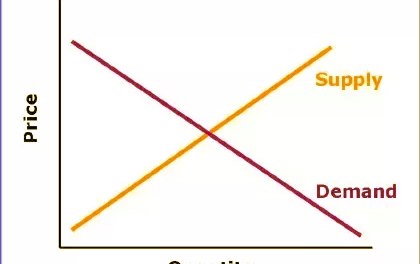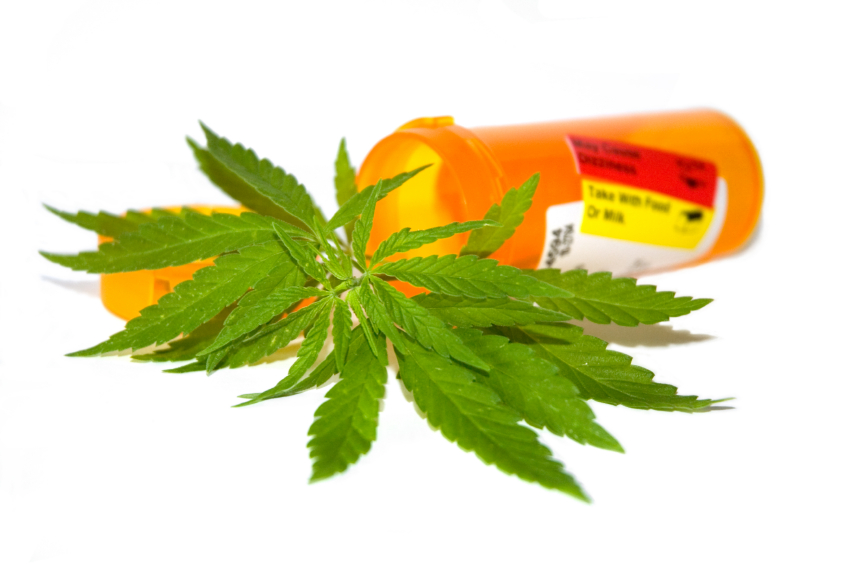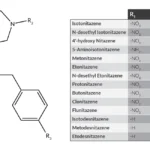Reprinted from The Washington Post:
State votes on marijuana and psychedelics signal drug policy concerns
The state is Florida, and I’ve read that the recent election defeat of Amendment 3 is considered a big setback for the cannabis legalization movement.
Then why do cannabis advocates seem so pleased?
Possibly it’s because 56% of voters actually voted to approve the ballot measure– authorizing the sale of marijuana for recreational use. Unfortunately for them, Florida law requires a 60% supermajority in order to become law.
Nonetheless, the commercial cannabis industry expects a demonstration of that level of public support to inspire the Florida legislature to revisit the issue, and quite possibly to pass new legislation more favorable to the industry. So for them, the future still looks rosy.
In fact, industry sources believe that Florida’s proximity to other, more conservative states will make it a ‘pot of gold’ in terms of potential sales to those crossing over from their politically conservative neighbors. Much the way Texans have streamed into New Mexico and Colorado to purchase their pot.
The driving force behind the push for Amendment 3 was a single corporation, Trulieve, which not coincidentally operates 157 medical marijuana dispensaries in Florida. Trulieve is new-style Big Cannabis: Majority investor-owned, earning $284 million in revenue last year, with a profit of $173 million. Current company valuation: $2.21 billion.
So it’s not difficult to understand why Trulieve felt entitled to spend $140 million on the campaign to legalize recreational pot. They could certainly afford it.
On the other hand, I suppose we can’t blame them for wanting to make a lot more money than they already have. I mean, what could be more American than that?
As for the consequences to their customers, in terms of addiction and health problems and so forth– advocates argue that cannabis is different from alcohol and tobacco. And we tolerate those, don’t we?
That’s how it’s rationalized, anyway. A “two wrongs somehow make a right” argument.
I certainly don’t think that at this late stage, we can reasonably expect to stuff the pot genie back in its bottle. The best we can hope for is to retain some degree of control over the decisions yet to come — the ones that will ultimately affect us all.













